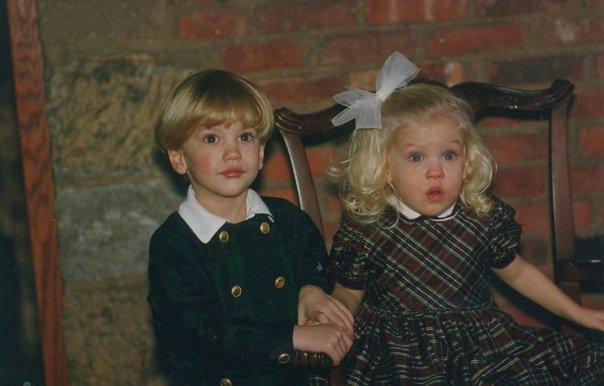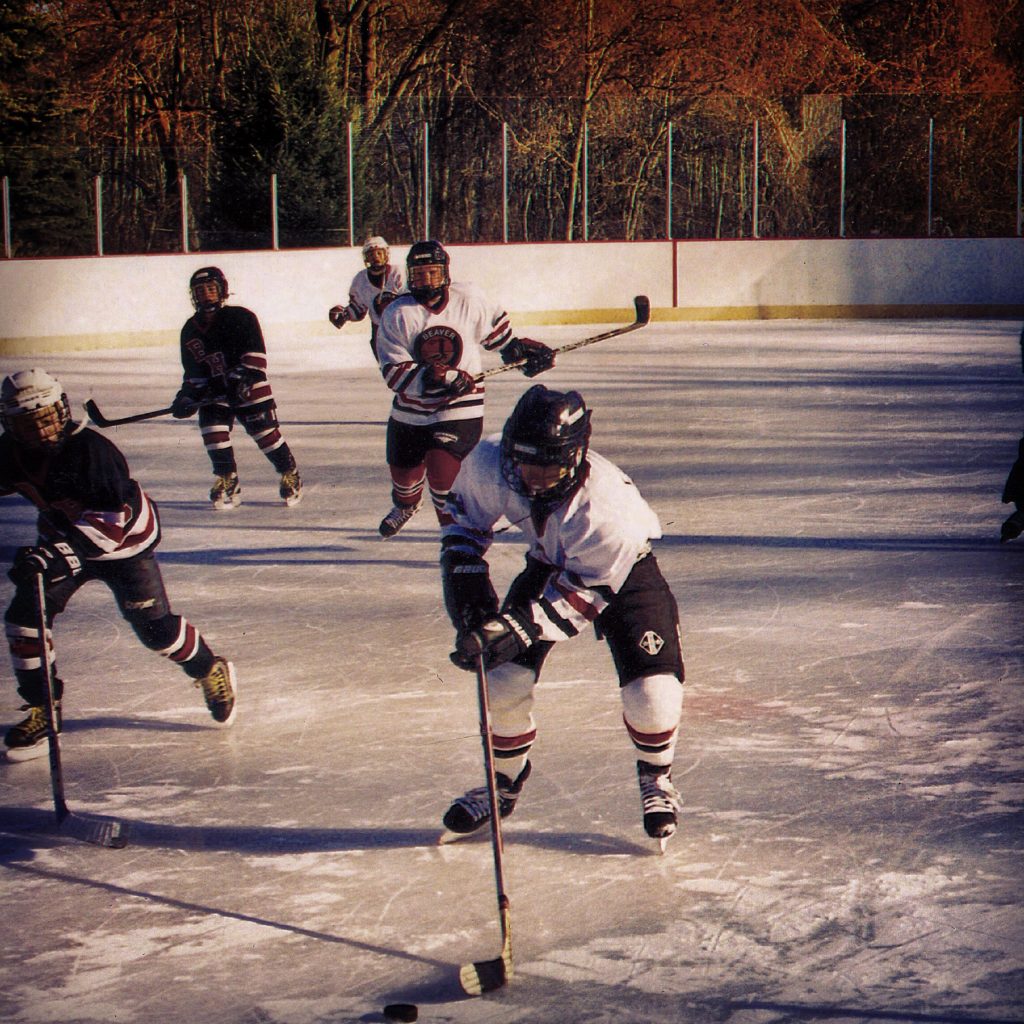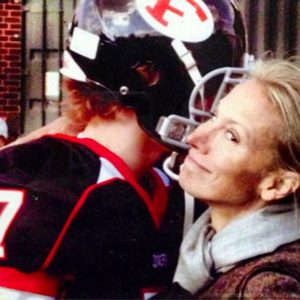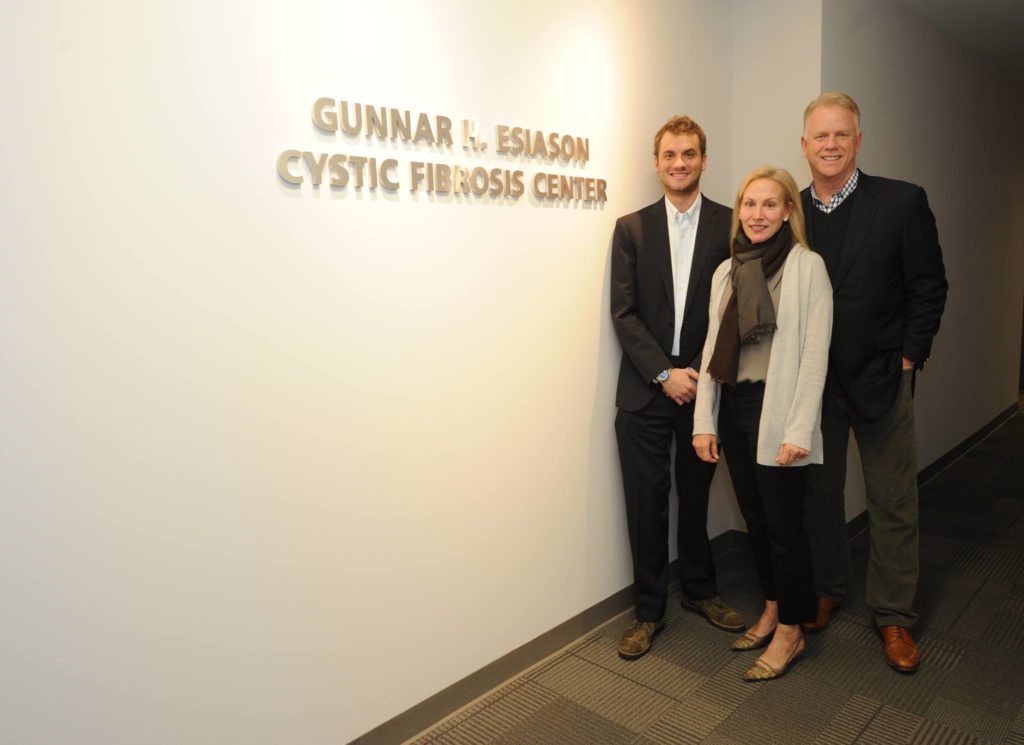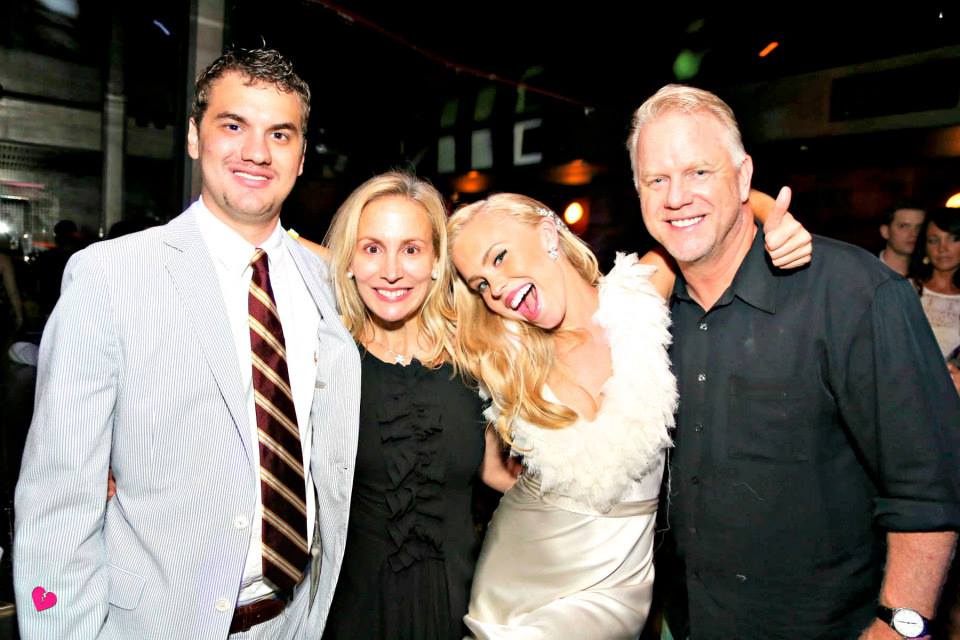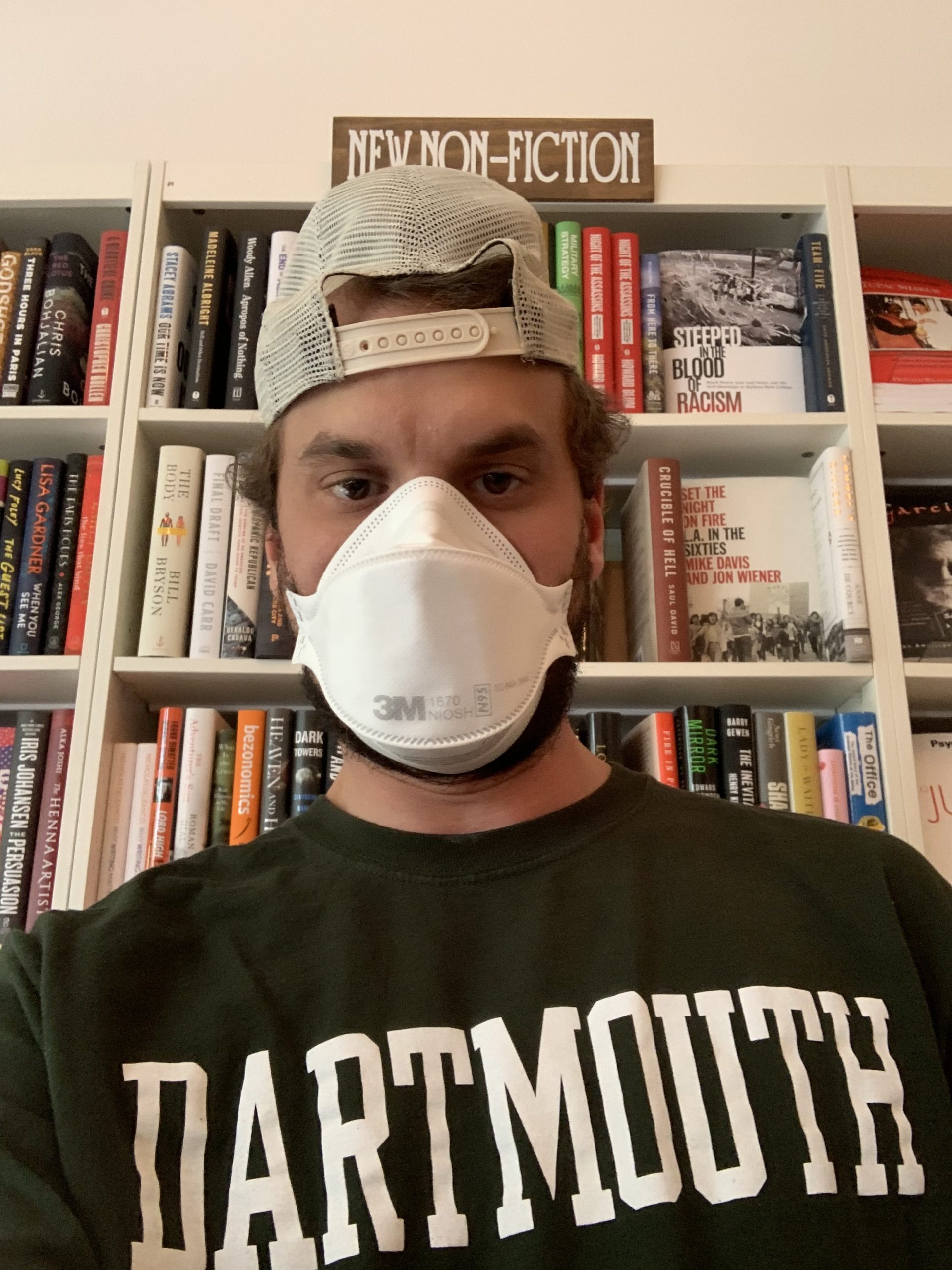I got an interesting question from the audience at my CF Family Education Day talk last weekend – “What roles do your parents play in your fight against CF now that you’re an adult?”
The short answer is that both of my parents are still very involved. My mom remains my first line caregiver in emergencies and illness (even though if you asked her, she’d just say that’s what moms do), and my dad has long been the motivator (which I guess isn’t very shocking).
For the most part that’s all remained very consistent from when I was a little guy.
But the way they have carried out their roles has changed over the years. As people with CF grow older, we have new and different needs. In a very basic sense, we transition from requiring hands on support, to hands off support and then, finally, in a lot of cases, hands on support again as the disease often progresses.
So I’ll go through some phases of life here and share how I think parents, as a unit, can support their kid with CF, rather than talk about the specific role of caregiver and motivator. What can parents do together to help their kids with CF succeed?
Early Childhood/Infancy
The early years – from birth to about 1st or 2nd grade are critical. This is when we learn about cystic fibrosis, and, well, that we’re different. Parents need to make sure their kids don’t’ feel alone in dealing with CF. Make treatments a social time, that’s the best way to do it. Also look at that time, an hour or two EVERY SINGLE DAY, as a productive relationship building time. You have time built into the daily family structure where you have to be with your kids to administer medications… the general population doesn’t have that.
Early childhood is the time to build productive habits surrounding CF – discipline regarding treatments and pills (no days off), a good bedtime, balanced diet and general activity. You essentially control all aspects of care when the kids are that young. “No days off” is the most important thing, I think. Some parents give their kids a break from treatments on birthdays and holidays – I think that is WRONG. Generally speaking, missing a single treatment session isn’t going to cause any harm in the short term for a little kid. Showing your kid that it is okay to miss a treatment here or there will, however, create problems down the road. I was never allowed to miss. The responsibility to keep a person with CF healthy falls entirely on the parents and immediate family. Do not fail your child, and above all else, try not to be so overbearing.
School Age Years
Elementary and middle school years are when kids need to learn how to be kids. Get them involved in sports, activities and everything in between. You should never limit activity. Your kid may get bullied because of his incessant cough, or he may find himself to be the most popular kid in class. Either way, he’s going to have to figure out how to deal with the challenges presented in the social sector. Give him the opportunity to do so. If he wants to play baseball, sign him up! If he’s having a hard time with friends understanding what CF entails, show them – use the treatments as a teaching tool. My parents always made me do treatments whenever a new friend came to the house.
He’s also, probably, going to be dealing with illness, in what may seem like a big way for a little guy. Schools are a breading ground for illness, that doesn’t mean you need to completely overreact and homeschool your child. Building an immune system is important, but there’s also a fine line between exposing your child to the Chicken Pox and Mono. If half the school is down with the flu, it’s okay to keep the kid home for a day or two, or maybe even a long weekend. Let it pass. These are the years when you have to teach your kid to be “health first.” He needs to start making health conscious decisions on his own – washing hands, helping set up treatment time, and being responsible for his enzymes – and it’s your responsibility to teach him that a little bit at a time. You can also start to introduce the meaning of each medication. What the difference between Creon, Cipro, Tobi and Kalydeco? Teach the disease… but that means you need to understand what you’re talking about.
High School
It’s time for you kid with CF to grow up. Independence is a good thing, and, in fact, you need to encourage it. That doesn’t mean neglect your child and let him fend for himself… you should still help out with morning treatments – help prepare them – be supportive during doctors visits, and never, never, never scold your child for getting sick.
Remember, sleep and rest are critical for a kid with CF going through puberty. Not to mention a kid whose days is scheduled down to the teeth. From morning treatments, to 8 hours of school, 3 hours of sports, 2 hours of homework, a few hours to decompress and then finally evening treatments before bed. Let them decompress after a long day.
High school is a tough time for kids with CF. We deal with body image issues, competing on teams that are designed to win (which can mean we’ll see less playing time or even the dreaded cut) and are faced, for the first time, with the prospect of our futures. How can a kid stay motivated when he’s faced with so much more adversity than the rest of his classmates and peers? It’s up to his parents and friends to show him that there is a big beautiful life worth living. The biggest part of that is showing the kid with CF that he, ultimately, has to fend for his own wellbeing – that means your kid needs to know how to sterilize and prepare treatments all the way through the routine, when and how to take medications unsupervised, defend himself in public and, most importantly, believe that he can be like everyone else when he is healthy. Your kid’s health will begin to be the biggest motivator, especially if it starts to slip.
Transition to Adult Care
This is when you need to understand that it’s okay to take a backseat. You’ve prepared your son or daughter their entire lives for this specific moment. It’s going to be hard – not being included in the visit to the doctor, and intimate medical decisions – but that doesn’t mean the road has come to an end for you as the caregiver. I always consult my parents on decisions, big or small. You’ve lived this life of CF with your kids… you are now, more than anything else, an advisor. Own the role and make your kids feel confident about growing older.
College
Your kids are alive and free in the wild! College is the ultimate test for people with CF. Do we have the skills to take care of ourselves on our own? The answer is almost always, NO. But that’s okay! College is for sharpening our skills – not just the academic ones. The first semester of freshman year is sort of like a field test. What works, what doesn’t what do I need to do better?
I learned how to be an adult in college, or well close to an adult, I guess. Kids will make mistakes, and choose to learn from them or not. It’s up to your kids to figure out how to make the right choice.
College is so much more than the opportunity to snag an undergraduate degree – it’s a chance to figure out how to operate in the world, in a somewhat closed-in environment. Your kids will learn how to reach out for help, and you have to be there to provide it. They will need to be shown the door to the correct answer, not given the answer. College is all about learning how to do something for yourself.
Adulthood
I may be 27, but I’m still my momma’s baby in her eyes. I don’t think that will ever change and it probably never should. My parents continue to provide opportunities, as they see fit, to help me out health wise. Very specifically speaking, my mom and I still sometimes butt heads with how we should be sterilizing my neb-cups. That just shows how much she cares, I think. My parents are very much into me being my own person, and they certainly trust me with my care, but they are quick to jump in when they think something is amiss, and that’s perfectly fine. In fact the rest of my larger support system is that way too.
As I’ve progressed through adulthood, so has my disease in some ways. There are days now when I lean on my parents more than ever did during childhood. The hard truth is that there are days in life with CF that we are completely dependent on someone else, just like we are when we are little, little kids – the difference being that these days I should know when, and how to ask for help. Kids don’t know how to do that. There’s nothing wrong with asking for help, but you have to continue to be there. Continue to provide as best you can. Continue to push for independence. Continue to motivate us through life.


